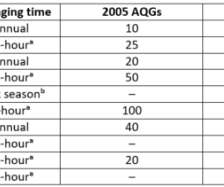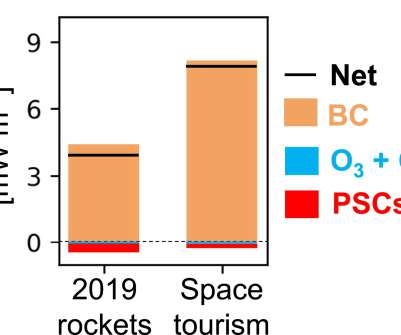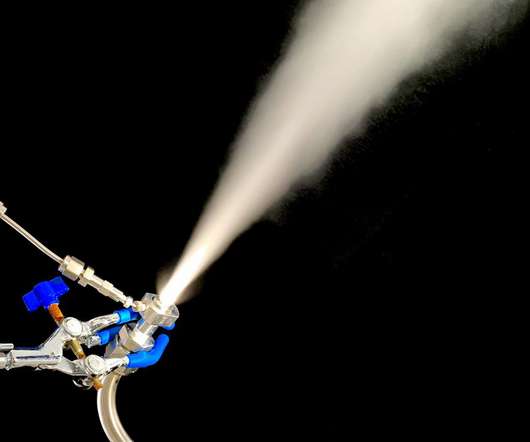WHO issues new, lower Global Air Quality Guidelines for classical pollutants
Green Car Congress
SEPTEMBER 25, 2021
New WHO has issued new Global Air Quality Guidelines (AQGs) that reduce levels of key air pollutants, some of which also contribute to climate change. Since WHO’s last 2005 global update, there has been a marked increase of evidence that shows how air pollution affects different aspects of health. Source: WHO.



































Let's personalize your content